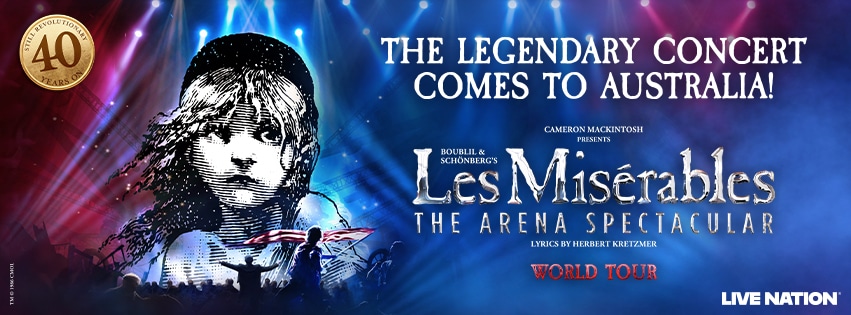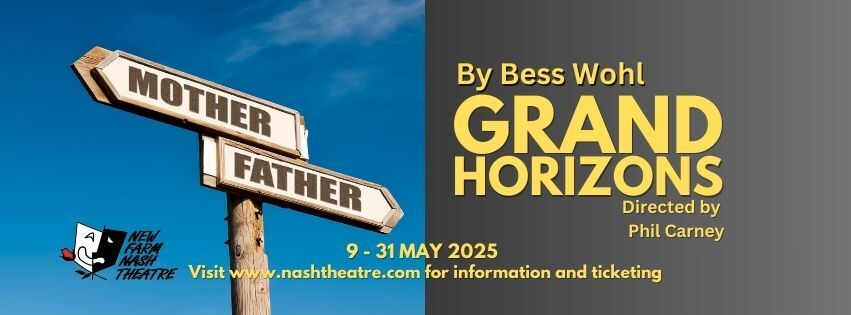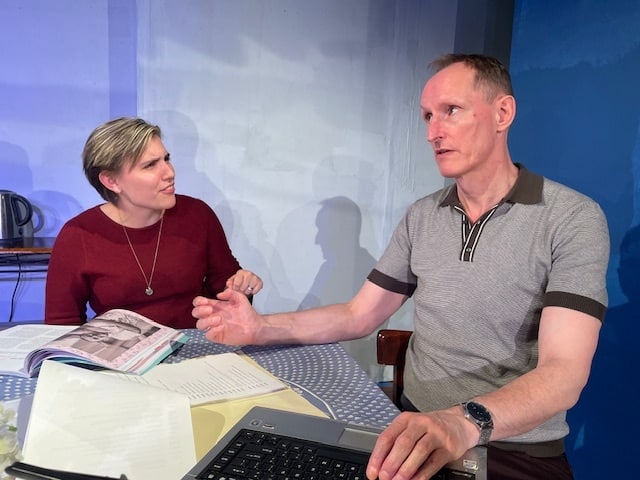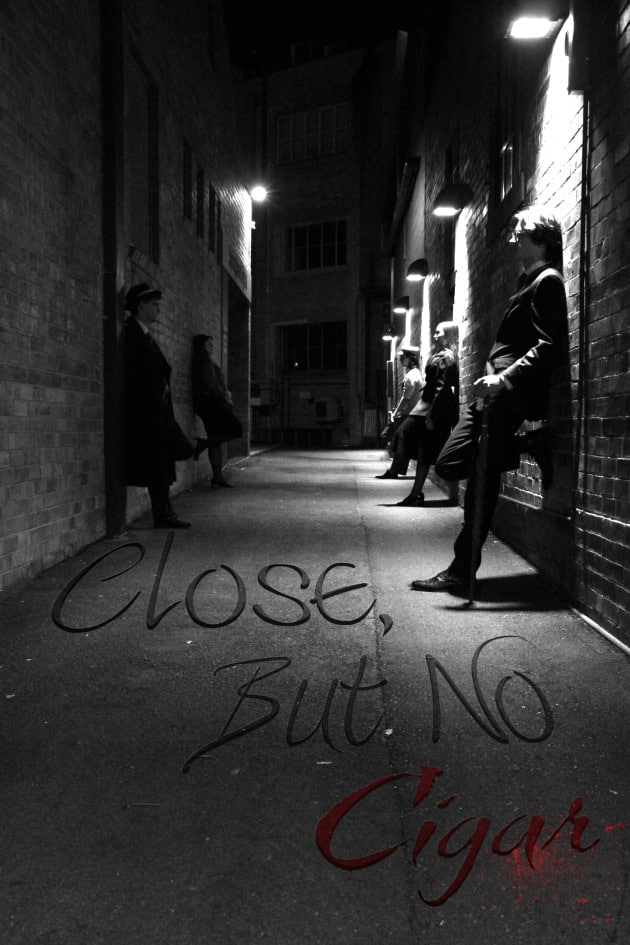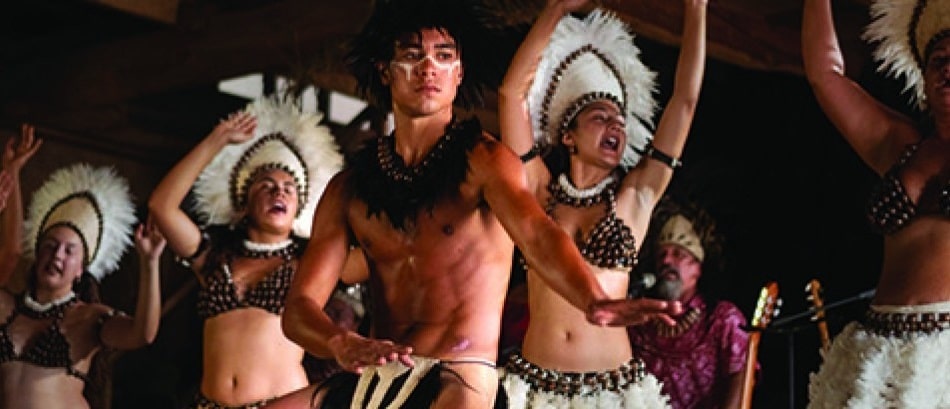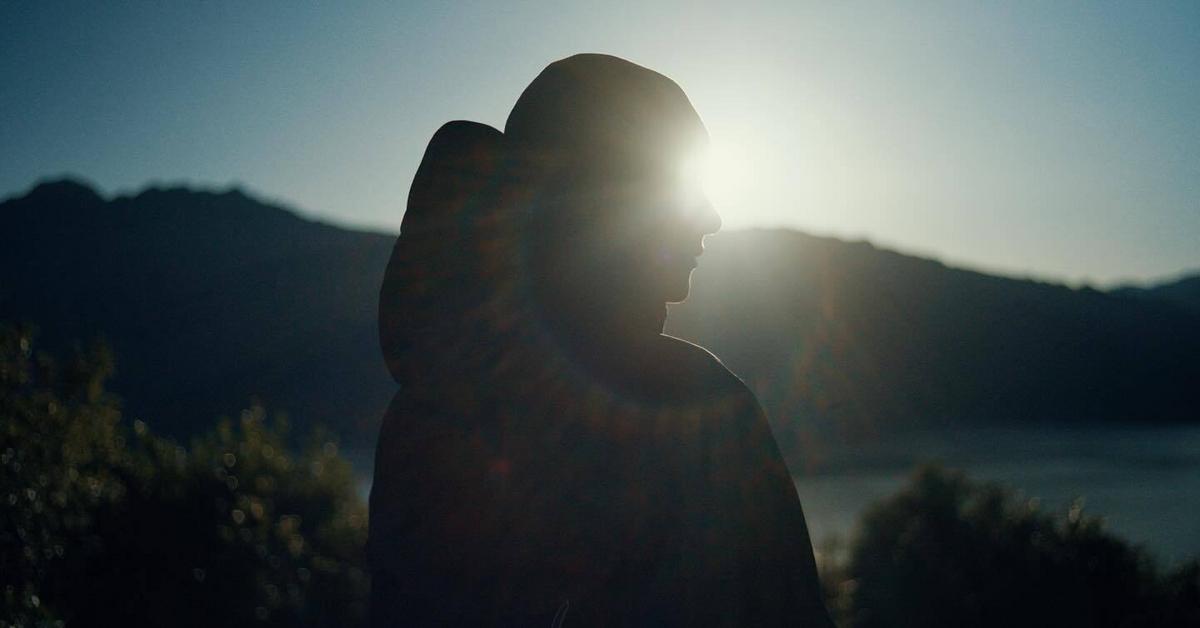Celebrating 40 years since its’ debut, Les Misérables is now the world’s longest running musical; Within moments of The Arena Spectacular’s opening, it is clear why. While legendary producer Sir Cameron Mackintosh correctly notes the production would succeed with only work lights on an empty stage, The Arena Spectacular boasts 110 world-class actors, musicians, and crew, from 17 nationalities (including one dog), incorporating sensational lighting, a lavishly constructed stage, and phenomenal costuming and makeup.
Complete the picture with a full orchestra and LED screens, in a venue and with effects more associated with rock concerts than musicals, and you have an intensely immersive show, monumentally embodying a ‘more is more’ mantra. While simpler productions of Les Misérables retain the resonance to rouse, the scale and spectacle here create a dazzling and impactful rendition of an unstoppable icon.

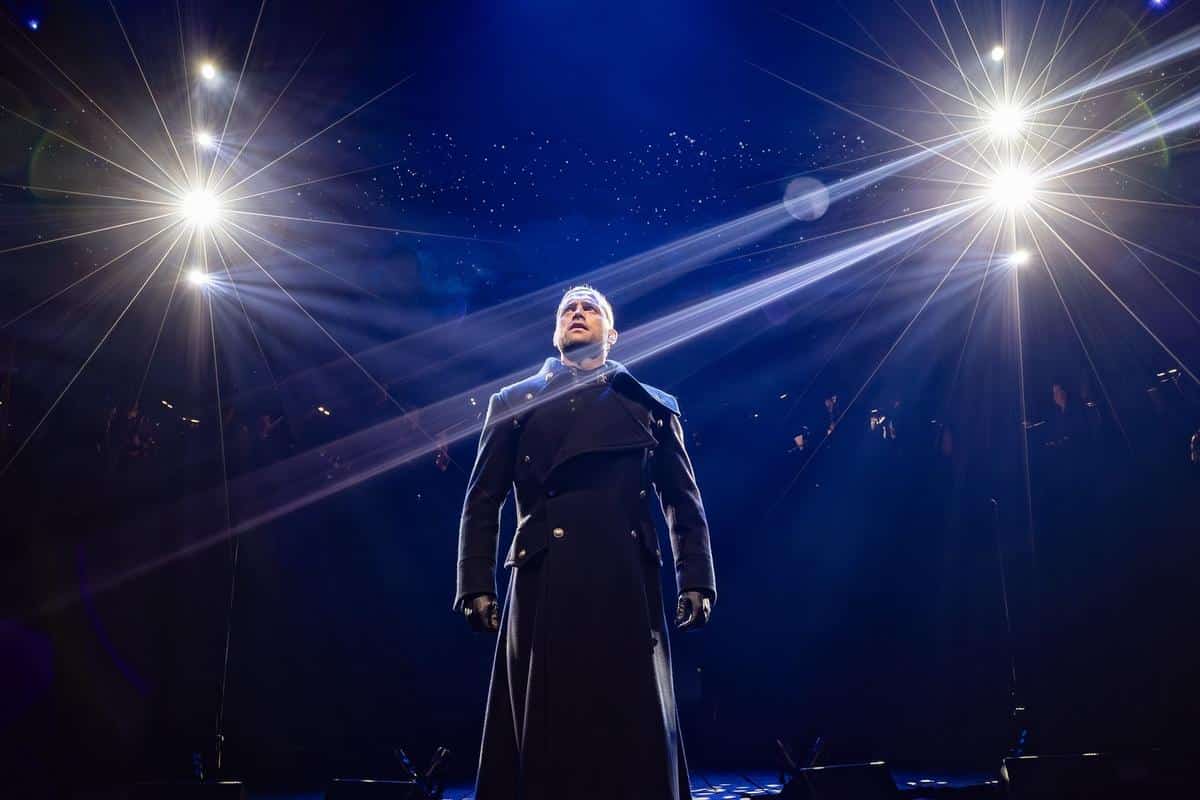
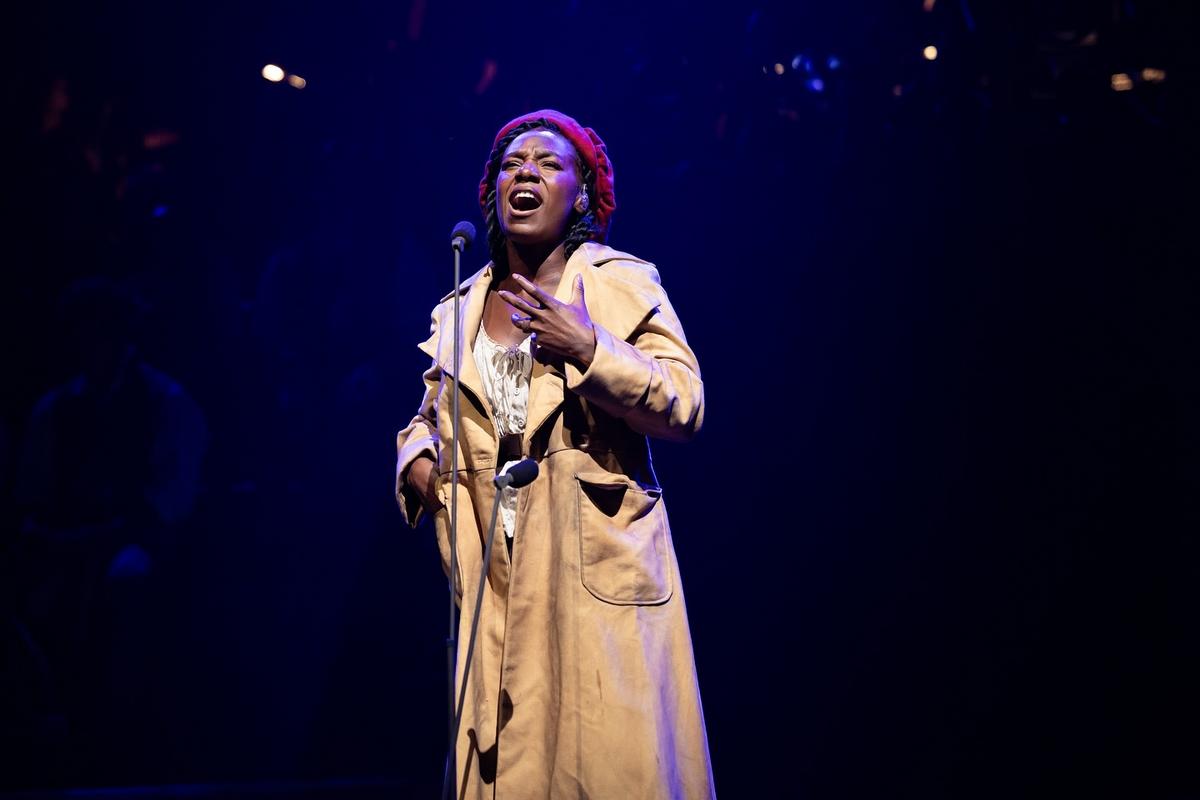
The quality of The Arena Spectacular exceeds expectations, even those informed upon the caliber of the cast and creatives involved; While Bradley Jaden provides a virtuoso performance as Javert the evening I attend, his alternate in the role, Michael Ball, was a member of the original Royal Shakespeare Company production performed in London in 1985, as Marius Pontmercy. The expressively hilarious Marina Prior gives grimy gaud in the role of Madame Thénardier, having played Cosette in the original Australian production back in 1987; A trim looking Matt Lucas charismatically reprises the role of Thénardier opposite her, 15 years after he first performed that role in the 25th Anniversary show at the O2 Arena in London – providing fine comedic relief while also hinting at his character’s attrition from surviving through hardship.
However, it is Lucas’s alumni from the 25th anniversary production who steals the show the night I attend; Tony award winner and Grammy nominee Alfie Boe as Jean Valjean gives a tour de force performance, with exceptional vocal ability unsurprising of a renowned opera singer with resume outside of the musicals, in addition to beautifully nuanced character delivery, showing equal measures of strength and sensitivity in what is essentially the story of his character’s struggles and redemption. Boe’s interplay with other Cast is excellent, the scenes with Bradley Jaden’s Javert especially memorable. Jaden deserves notice for performing Javert with sufficient sympathy, charisma, and recognition to bring likability to such an antagonist; His character’s turmoil and ultimate unravelling are hard-hitting.
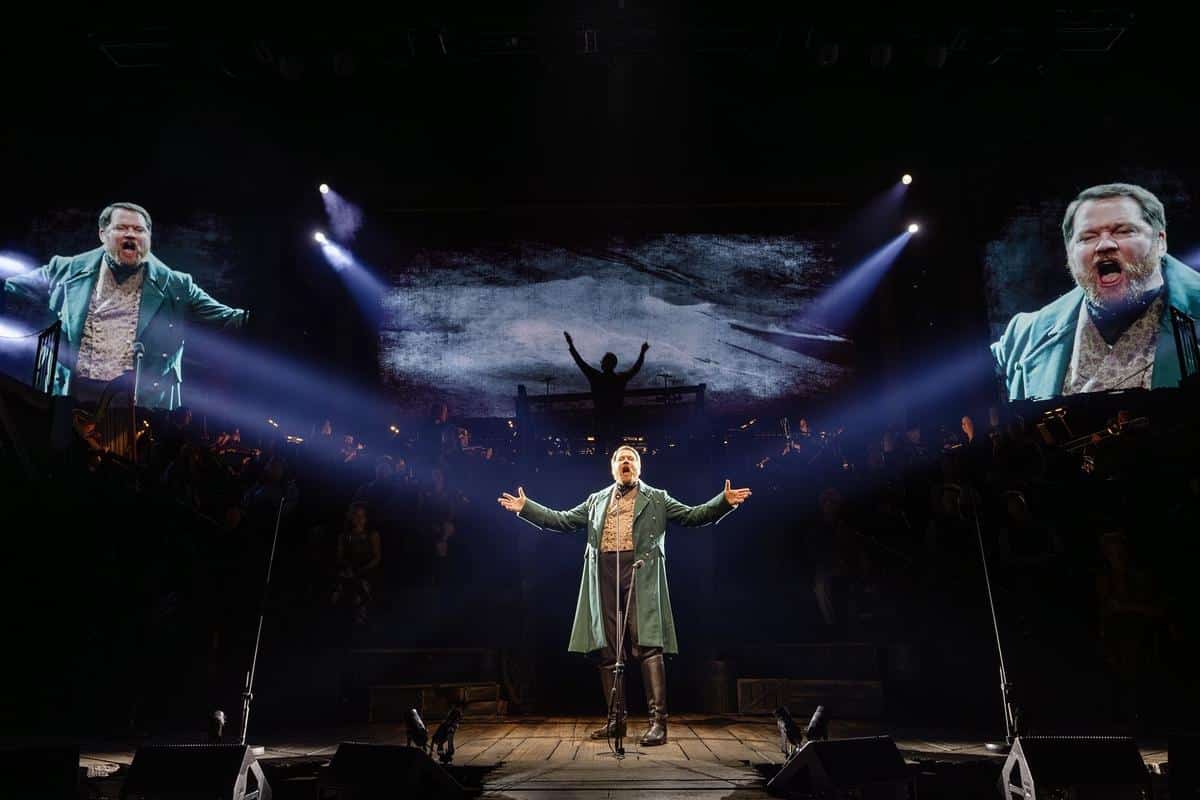
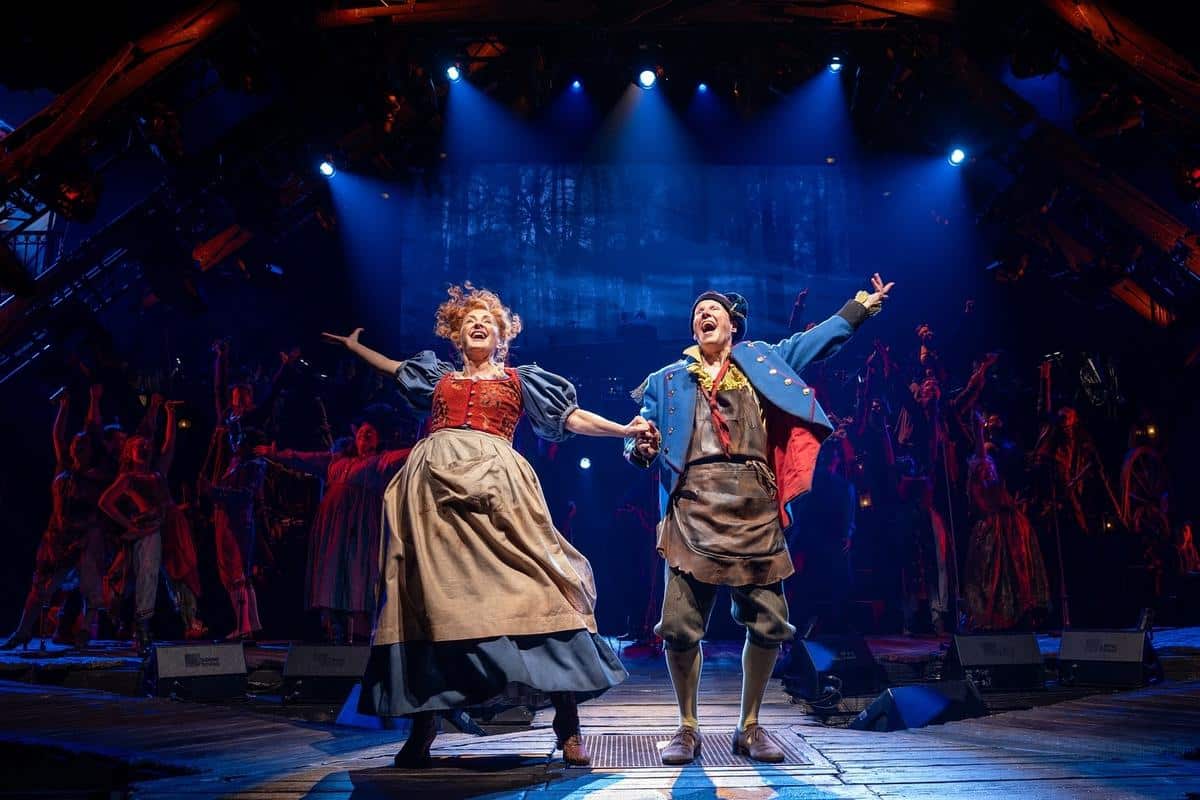
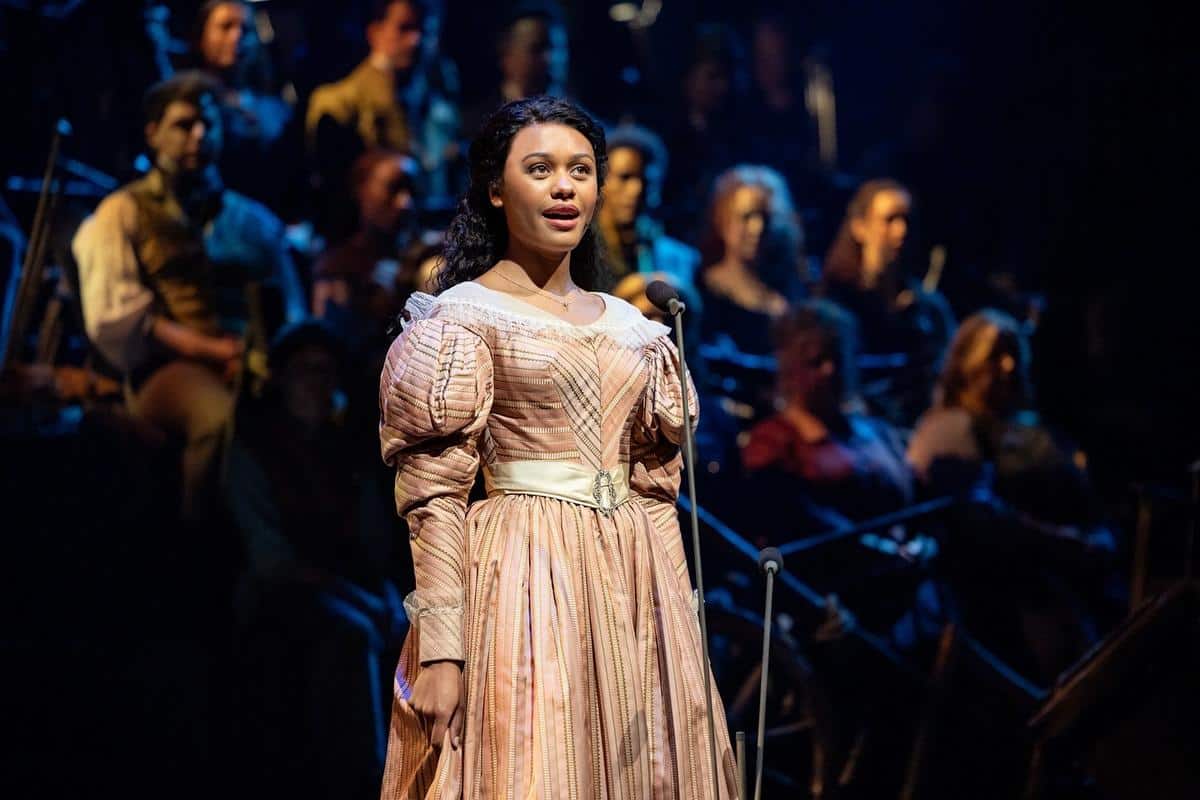
Mary-Jean Caldwell is aching and ethereally lovely in the role of Fantine the evening I attend; The fact this pitch-perfect performer understudies that role, otherwise being credited as Factory Girl in the Brochure, suggests an embarrassment of riches to draw from in the cast. As Marius Pontmercy, Jac Yarrow (or was it Harry Grant Smith?) is another standout, showing strong vocals and great connection, especially in scenes with Beatrice Penny-Touré’s Cosette, and Beth Curnock’s Eponine.
Youngsters Christopher Joseph and Scarlett Sheludko also excel in their respective roles of Gavroche and young Cosette. I did not see the latter, who is reminiscent of a young Lea Salonga, in the curtain call – and suspect that was due to it being after her bedtime. The overall standard of the entire Cast, including the Ensemble, is excellent; All bring presence, dedication, and authenticity in their roles – which they are beautifully made-up and attired to perform. I would be remiss not to mention the Orchestra, under the direction of Adrian Kirk, who tell their sonic story phenomenally.
I do wonder whether the LED screens could have been utilized more throughout the show; While the amplified images of the performers built intimacy and connection which may have otherwise have been lost for audience members in the back rows, the LEDs could have been used to create stage effects (i.e., the rain conspicuously missing during ‘A Little Fall of Rain’) or otherwise fill in plot points referred to but unseen in the production (i.e., Valjean’s feats of strength and bravery). The stage setup, while textured and dynamic, also limits movement of the main characters to a narrow channel, overall. However, such criticisms are picky; The enduring impression and execution of Les Misérables: The Arena Spectacular are triumphant, upholding the legacy of a beloved cultural touchstone, creating its own place in history. The audience were moved to tears throughout, and from their seats in ovation at the conclusion.
To book tickets to Les Miserables, please visit https://lesmisarenatour.com.au/.
